Phuc Khe Temple of General Nguyen Van Nghi. Photo: Khac Cong
According to historical records, General Phuc Khe Nguyen Van Nghi, whose given name was Ap Thanh, was from Ngoc Boi commune, Thanh Khe canton. He was born in At Hoi year 1515 in a family of the "famous aristocratic" clan at that time. His grandfather was a district official and was given the title "Thai Bao". His father was Nguyen Tu, who was a Thai Nguyen Councilor and was also given the title "Thai Bao". When he was young, he showed his intelligence, studying day and night. During the reign of King Le Trung Tong, he passed the First Class Examination (Bang Nhan), in Giap Dan year 1554, at that time he was 39 years old. From then on, he was appointed as an official in the court. Because of his talent and virtue, Nguyen Van Nghi was trusted and respected by the king. He was given the position of Hieu Ly Vien Han Lam by the king.
In the year of Binh Thin 1556, the 8th year of Binh Thuan , King Le Trung Tong passed away, Le Anh Tong (real name Duy Bang) ascended the throne, Nguyen Van Nghi was often called by the king to lecture at Kinh Dien court. In the year of Dinh Ty, the first year of Thien Huu (1557), he was appointed by the king as Ho Khoa Cap Su Trung, concurrently managing finances. In 1560, he held the position of Dong Cac Hieu Thu. In 1565, he worked as Tham Chinh Nghe An. In 1569, he held the position of Ta Thi Lang Bo Lai. In 1570, he was promoted to Tuyen Luc Cong Than, Dong Cac Hoc Si, and the title Phuc Am Ba. In the year of Quy Dau, the first year of Gia Thai (1573), the 5th prince of King Le Anh Tong, Duy Dam (then only 6 years old) was enthroned as emperor (ie Le The Tong). Because the king was still young, he directly lectured and educated the king. Later, King Le The Tong became a talented king in the Trung Hung period. He was praised by people as "the teacher of two kings". With 30 years of wholehearted devotion to serving three kings, General Nguyen Van Nghi was considered a man of complete talent and virtue, "His merits were as high as the mountains, his virtues were as bright as the moon and stars, his spirit was noble". He died in 1583 at the age of 69. While he was alive, he promoted morality in his hometown and actively supported Confucian scholars in the region, giving them money and property to pursue their studies. To commemorate his contributions, the king bestowed on him the title of Minister of Public Works, the title Thuy, meaning "Phuc Khe General", and built a temple to worship him.
Phuc Khe General Nguyen Van Nghi's temple was built in 1617, consisting of two walls (the outer wall was made of earth, the inner wall was made of stone blocks). The temple gate has one door, combining the technique of stacking stones below and building baked bricks on the roof to form an elaborate dome. The path leading from the outer wall to the inner area is paved with stone blocks, on both sides are rows of stone statues of dogs, horses, elephants and stone attendants. Two stone steles, more than 2.5m wide, are symmetrical on both sides, one of which includes the roof, carved in one piece without separation. On the surface of the stone stele are engraved Chinese characters remembering his achievements as well as praising his virtue and talent during his lifetime.
According to historical records, in the past, the temple had up to 24 large and small houses surrounding it, arranged from the ceremony house outside the gate, the temple area, the backyard area, the ancestral house area, the worship house area for the wife of Phuc Khe General Nguyen Van Nghi... However, through the vicissitudes of history and the destruction of nature, up to now, the temple area only has a small house left used as a place of worship. This is the house in the middle, connecting the front hall, the middle hall with the long and wide main house in the back. Inside, the structure is made of ironwood, fish-tail tiles, and the two ends of the roof are attached with terracotta dragon heads that are still intact to this day, demonstrating the uniqueness in architecture and high artistic value in the first half of the 17th century. In 1990, the temple of Phuc Khe General Nguyen Van Nghi was ranked as a National Historical Relic by the Ministry of Culture - Information (now the Ministry of Culture, Sports and Tourism). Every year, on the 5th day of the 11th lunar month, local people enthusiastically hold a festival to commemorate his contributions.
Mr. Nguyen Xuan Loc, 68 years old, who is currently taking care of the temple of Phuc Khe General Nguyen Van Nghi, said: "The temple is a spiritual tourist destination for local people and visitors from all over; especially on holidays, the temple is always crowded. They come here not to pray for luck or fortune, but to show gratitude to a great teacher who respects learning. Especially, during university entrance exams, students often come to burn incense to pray for passing exams and success in their studies. Before becoming one of the great teachers in the feudal era of Vietnam, Phuc Khe General Nguyen Van Nghi was a talented student famous throughout the region."
Khac Cong
Source: https://baothanhhoa.vn/den-tho-phuc-khe-tuong-cong-nguyen-van-nghi-257398.htm






![[Photo] Prime Minister Pham Minh Chinh receives Governor of Gunma Prefecture (Japan) and Special Advisor to the Japan-Vietnam Friendship Parliamentary Alliance](/_next/image?url=https%3A%2F%2Fvphoto.vietnam.vn%2Fthumb%2F1200x675%2Fvietnam%2Fresource%2FIMAGE%2F2025%2F11%2F25%2F1764066321008_dsc-1312-jpg.webp&w=3840&q=75)

![[Photo] Close-up of Ba Ha River Hydropower Plant operating to regulate water to downstream](/_next/image?url=https%3A%2F%2Fvphoto.vietnam.vn%2Fthumb%2F1200x675%2Fvietnam%2Fresource%2FIMAGE%2F2025%2F11%2F25%2F1764059721084_image-6486-jpg.webp&w=3840&q=75)
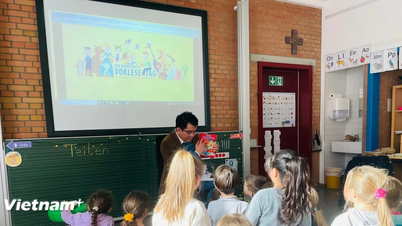

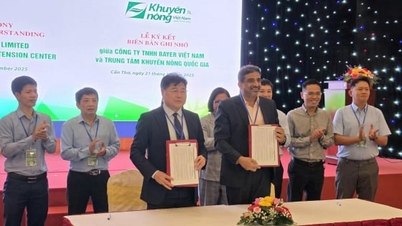

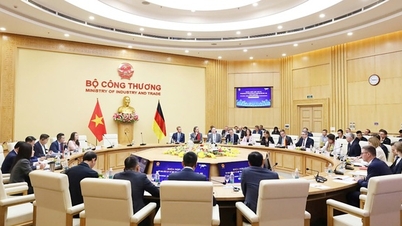



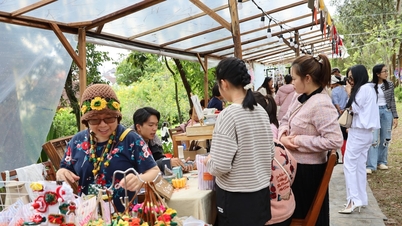





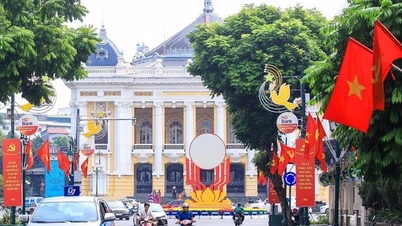

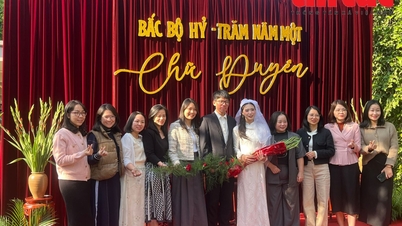
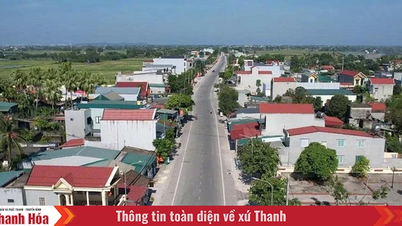









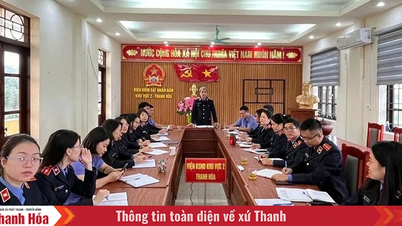
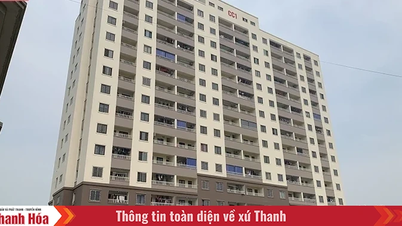
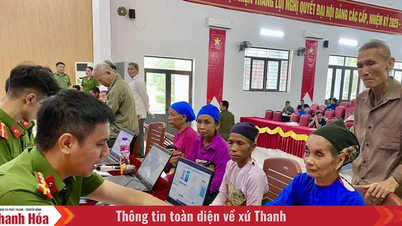
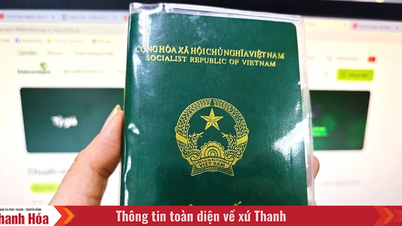
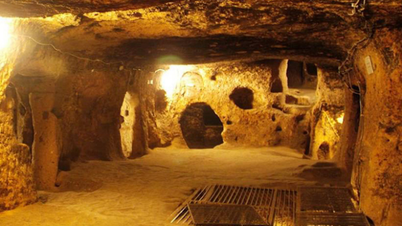

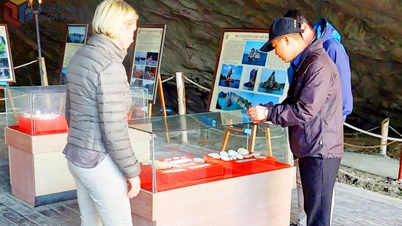

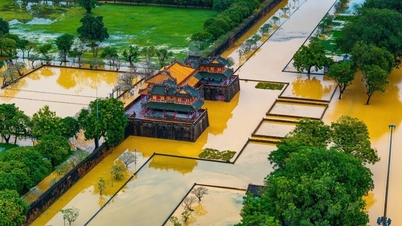

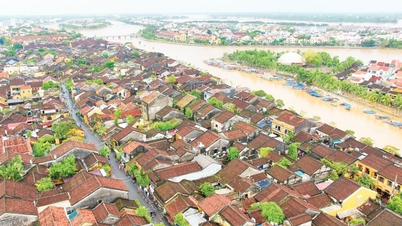

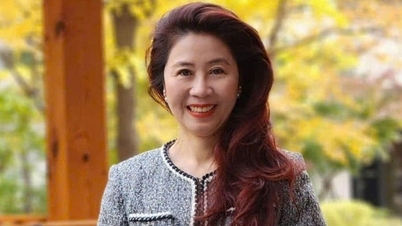
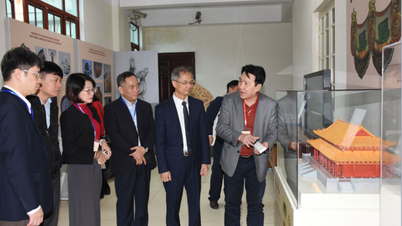

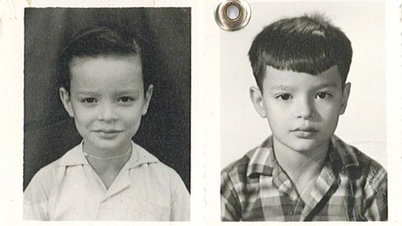

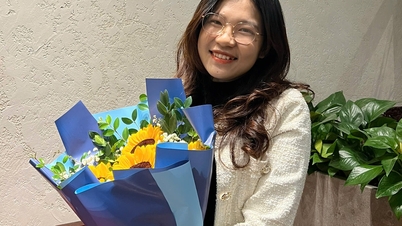



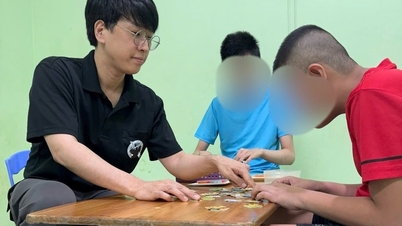
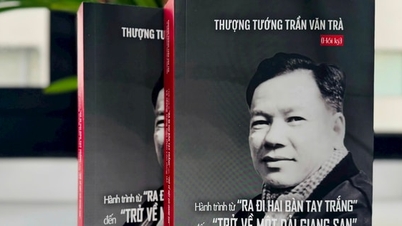
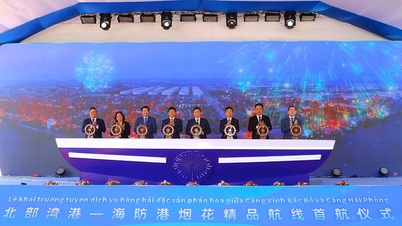

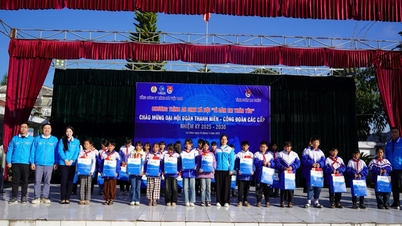
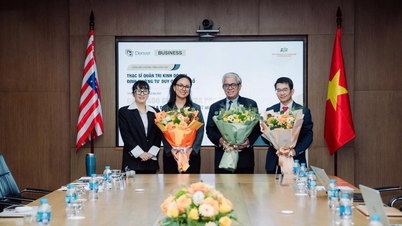

![[Answer] Should I install an elevator for an old renovated house?](https://vphoto.vietnam.vn/thumb/402x226/vietnam/resource/IMAGE/2025/11/25/1764039191595_co-nen-lap-thang-may-cho-nha-cai-tao-cu-khong-04.jpeg)








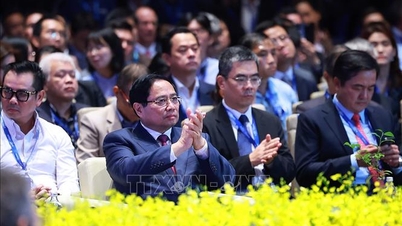



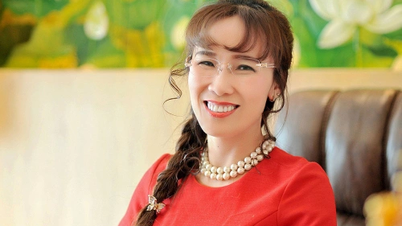






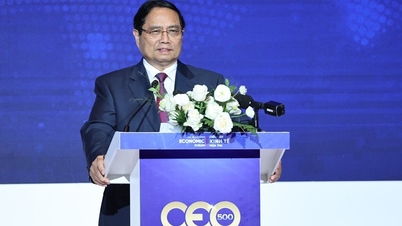

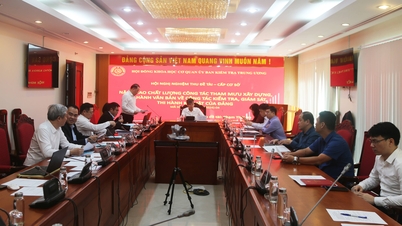



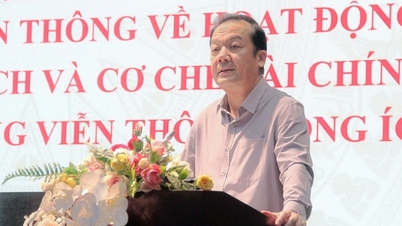


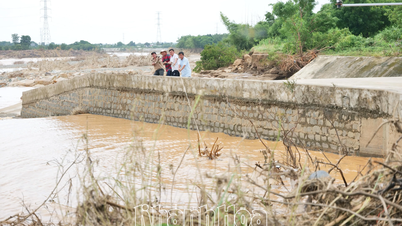

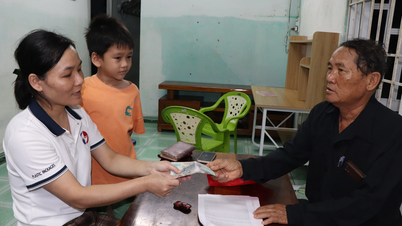

















Comment (0)